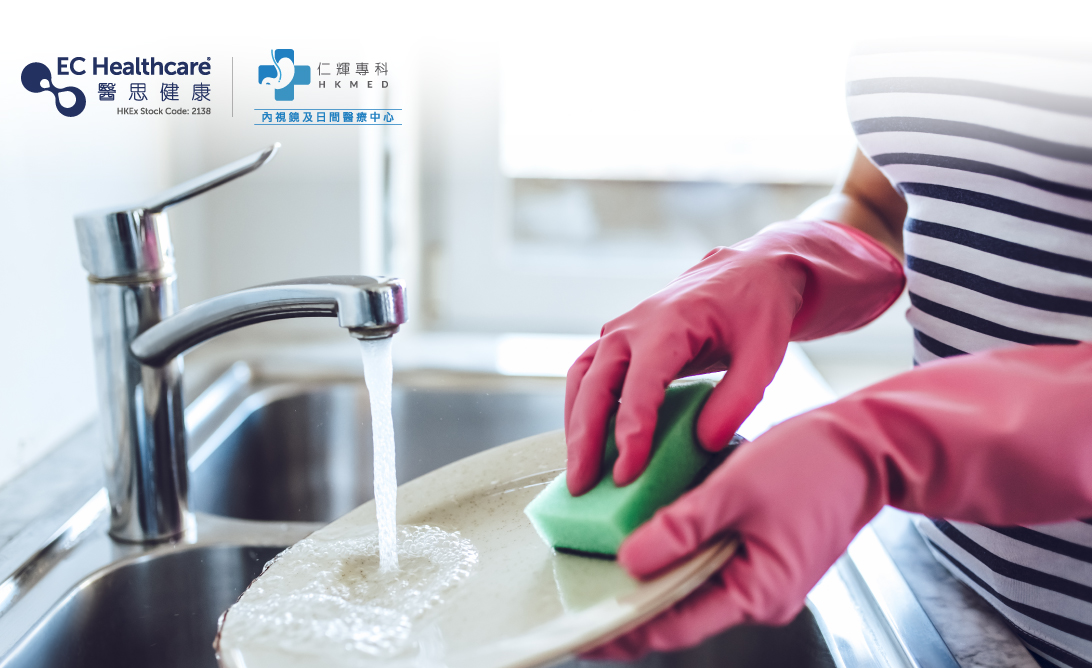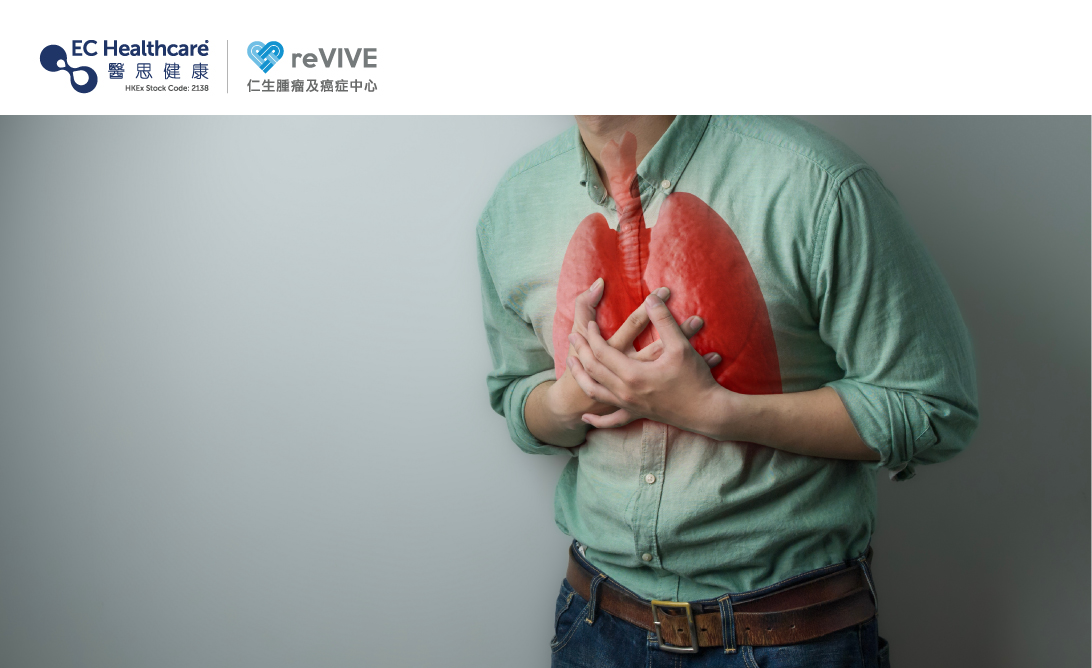Dishwashing May Harbour Cancer-Causing Risks?


After cooking three meals, housewives have to spend time and effort washing the dishes with the use of detergent on the dishwashing cloth. The worrying question is whether the dishes might contain chemicals from the detergent. In recent years, there is a new type of cloth in Taiwan, called the "smart sponge", whose selling point is that it does not need detergent, but only needs to be soaked with water to effectively remove dish stains. Is it really this amazing?
The “miraculous” sponge may cause cancer
This sponge does remove dirt quickly, but while you may appreciate its convenience, you should also be aware of the ingredients used to make it. Smart sponge made from synthetic resin "melamine-formaldehyde resin" foam. Due to its structure of ultra-fine tubes, it uses the adsorption power of the tubes to carry away dirt without the need for detergent, which is slightly different from the cleaning principle of ordinary sponges.
Most Hong Kong people have heard of the chemical melamine. This substance was found in the infamous tainted milk powder incident many years ago. When ingested, melamine can cause damage to the liver and kidneys, and can even cause kidney stones and increase the risk of bladder cancer.
Although it has not been confirmed how much harmful material is released each time the sponge is used, it should be avoided to clean dishes or kitchenware for safety reasons. If you do not want to throw it away, you can use it to clean toilets, baths, etc.
But remember, when using a smart sponge, avoid rinsing water over 40 degrees and avoid getting oil, acidic liquids or bleach on it. It is also not recommended to rub the surface of fruits and vegetables directly, and it is best to rinse the product and hands with water after removing the dirt to avoid melamine residue that can be accidentally ingested.
If in doubt, consider a cystoscopy
If you have used a smart sponge many times and are concerned about the risk of bladder cancer, you can seek specialist advice for a cystoscopy. Cystoscopy uses a flexible, curved endoscope to diagnose and evaluate lesions and diseases of the bladder, male prostate and urethra, as well as to visually examine for tumours. If a bladder tumour is found, the location and size of the tumour can be confirmed and a pathological biopsy can be performed at the same time.










